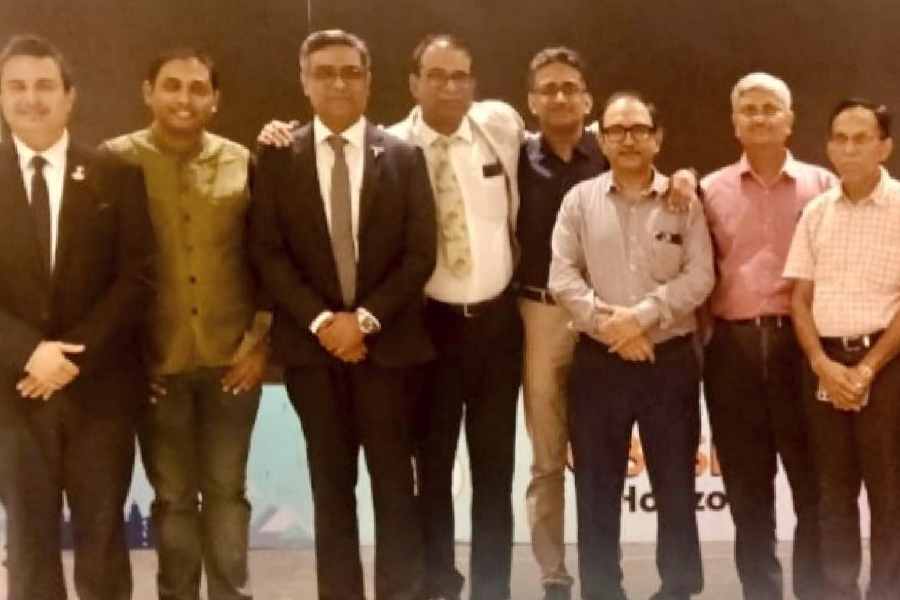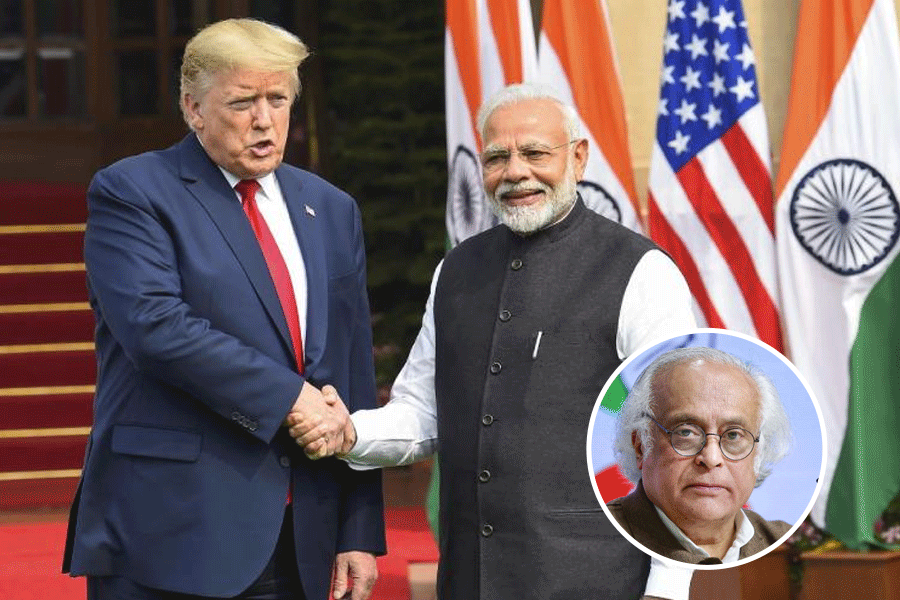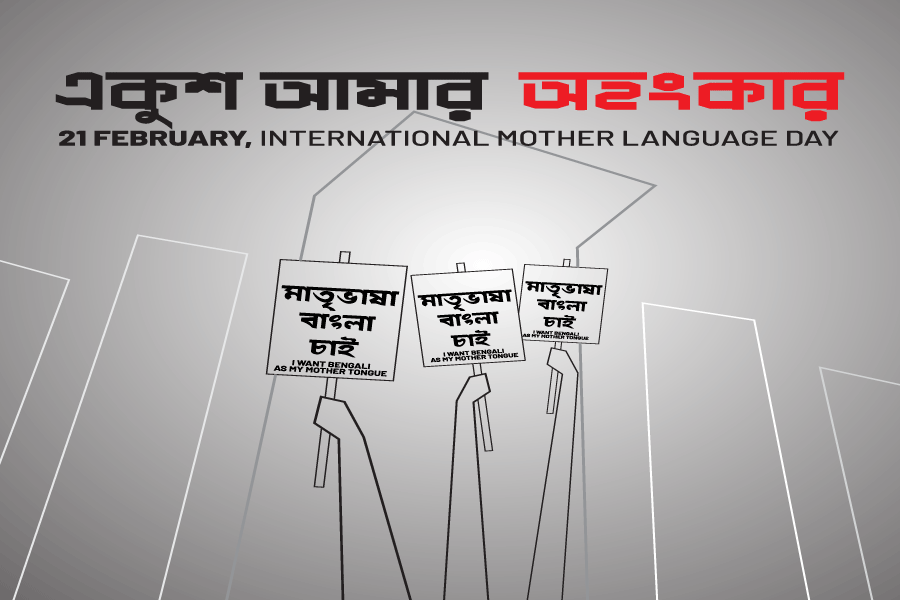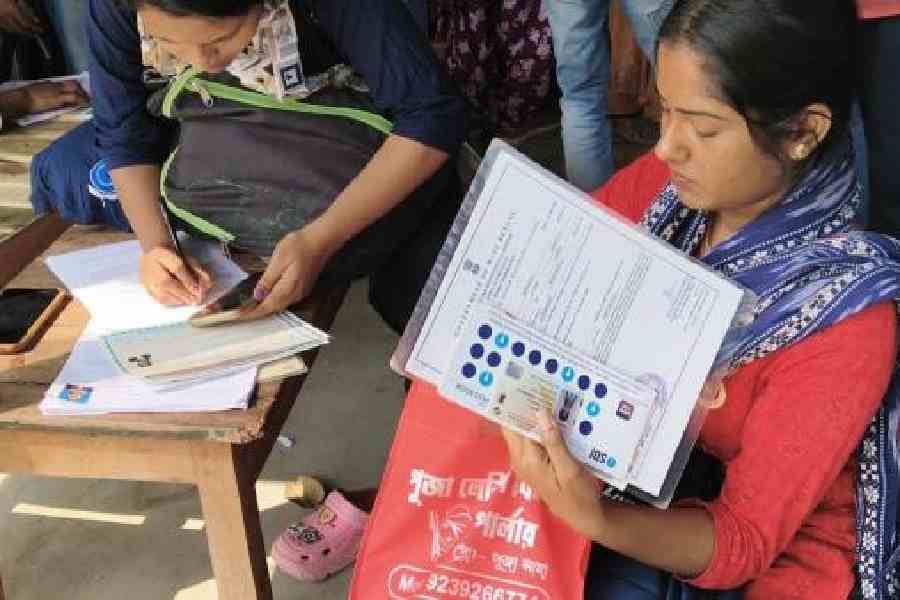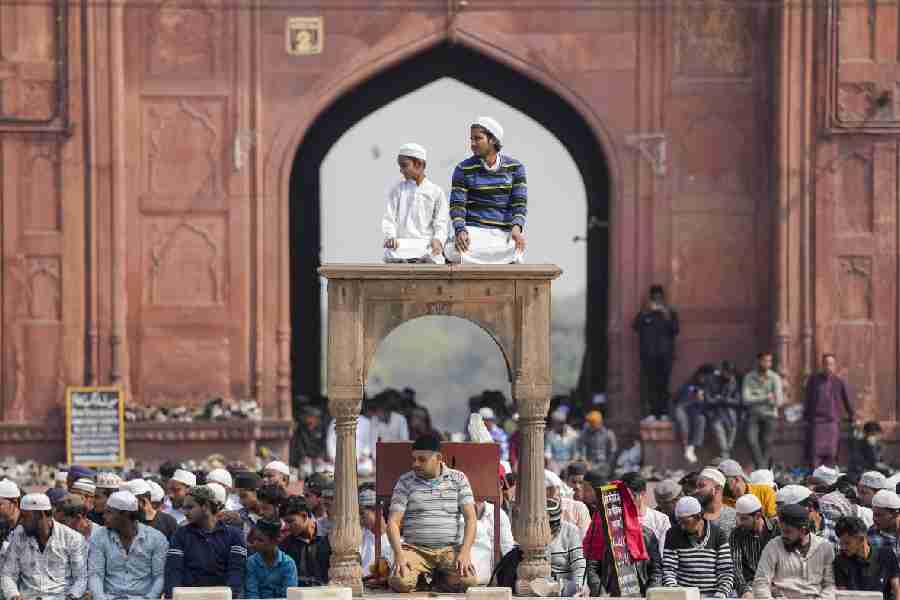Despite its alarming rise, obesity in India still does not receive the recognition it deserves as a chronic disease needing long-term care.
Doctors point out that treatment is often fragmented, which fails to address the complexity of obesity and its far-reaching outcomes.
The Association of Metabolic Obesity Physicians and Clinical Endocrinologists (AMOCE) on September 24 held a talk titled “Obesity Horizon” with an eminent panel of doctors to focus on how obesity hampers day-to-day human activities, the health complications it brings along with it and the lifestyle changes needed to build a fit society.
A nationwide campaign called #EndObesity was launched the same day with the aim of bringing together experts from diverse fields — endocrinology, cardiology, nephrology, pulmonology, gastroenterology, hepatology, orthopedics, gynecology, pediatrics, psychiatry, bariatric surgery, geriatrics, nutrition sciences and public health — as well as patient representatives.
Doctors warned that obesity had become a silent epidemic in India. Once seen as an urban problem, it is now spreading rapidly across cities and villages, affecting all age groups.
The consequences are far-reaching — obesity increases the risk of type 2 diabetes, cardiovascular disease, reproductive disorders, certain cancers, bone and joint problems, mental health conditions and a significant reduction in the quality of life.
“Obesity has become a chronic disease. The latest ICMR report shows 28 per cent of people in India are suffering from general obesity and nearly 40 per cent from abdominal obesity. This is a massive problem. No single specialist can treat obesity alone, it requires multidisciplinary support,” said Gourab Bhaduri, a Calcutta-based physician. “Genetics plays a role, but a bad lifestyle makes it worse. People should be aware of what they eat and how much they burn through exercise or daily activity. A holistic approach is the only way forward.”
Experts stressed the need for a multi-specialty consensus on clinical practice guidelines for obesity management. “A consensus will recognise obesity as a disease and not just a risk factor. It should offer recommendations specific to Indian conditions — based on age, sex and ethnicity — while laying out clear pathways for prevention, early detection, and long-term management,” said another senior doctor at the event.

